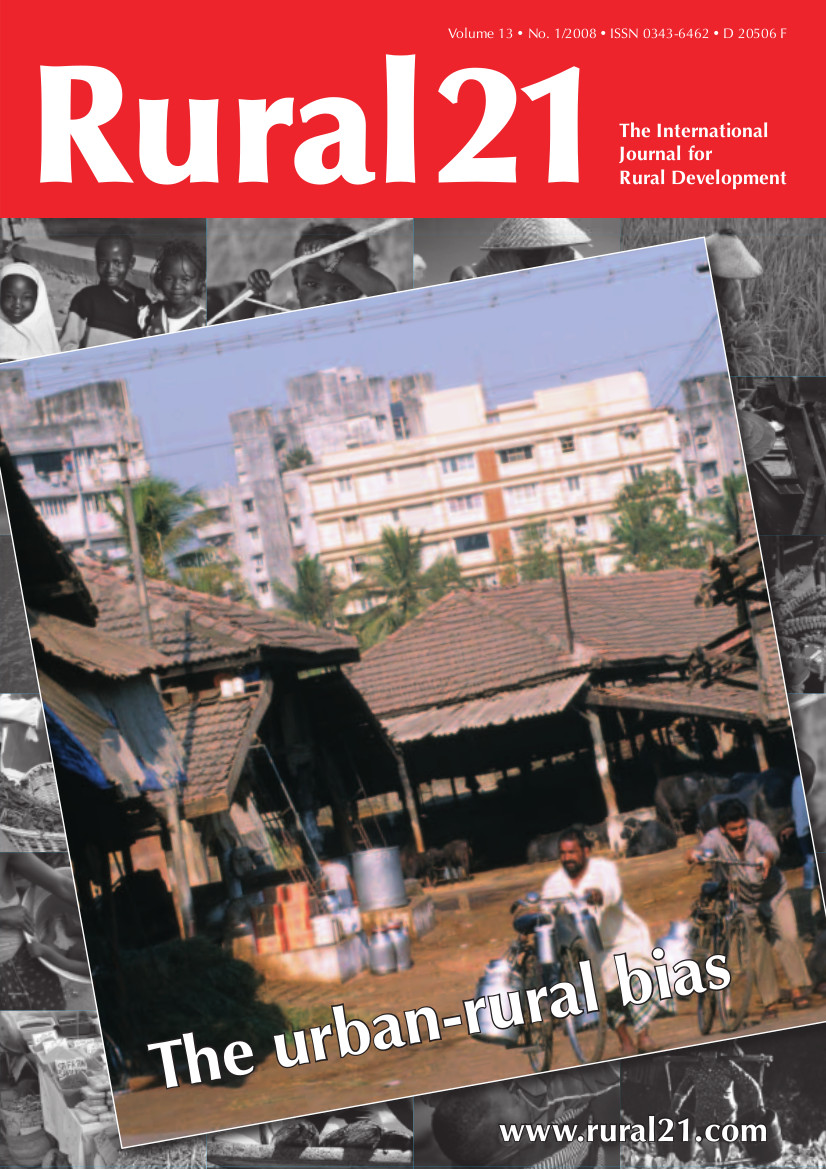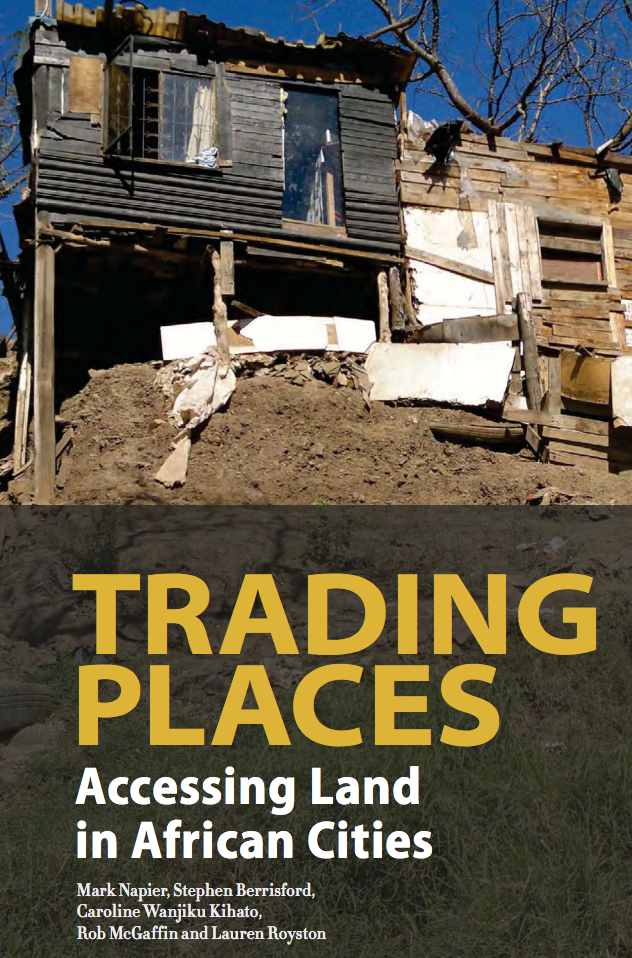Moving towards resilient farming in northern Ethiopia
Improving watershed conservation and household food security has been one of the major development challenges in the semi-arid areas of northern Ethiopia. The initial survey by ILRI’s Improving Productivity and Marketing Success project has revealed that physical conservation measures alone do not result in higher farmers’ income. However, the introduction of market-oriented commodity development such as beekeeping, sheep-fattening, and high value crops resulted in farmers’ income rising fivefold from 2005 to 2009.









